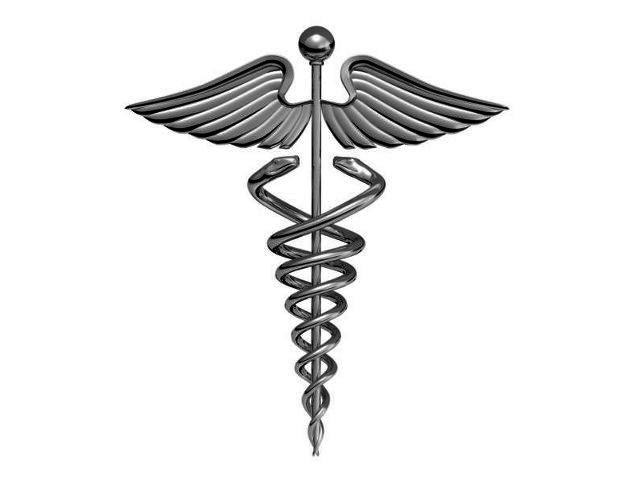Twitter diagnosis reveals health trends
By Johan Keyter 11 July 2011 | Categories: news
As the winter continues to mercilessly chip away at immune systems across the Southern Hemisphere, US researchers have recently been looking to a strange place for health information, and it's called Twitter.
The popular micro-blogging website was the subject of research by two John Hopkins University computer scientists, who studied the health-related tweets of some 1.5 million users.
According to the BBC, the research, which was conducted between May 2009 and October 2010, provided a unique insight into how a large swath of regular people approached and handled their health problems, usually without the input of a medical professional.
As can be imagined, scores of users were discovered who were using wrong methods to treat themselves. “Tweet showed us that some serious medical misconceptions exist out there,” said PhD student Michael J. Paul who worked on the study.
“We found that some people tweeted that they were taking antibiotics for the flu. But antibiotics don't work on the flu, which is a virus, and this practice could contribute to the growing antibiotic resistance problems,” he said.
Discovering and filtering the ailment related tweets was one of the hardest parts of the study, with billions of messages flooding through Twitter on a daily basis. To help them pinpoint specific tweets the researchers utilised a specialised filtering program to identify health-related messages.
The program was also taught how to filter specific phrases which might include a health-related quote, but are ultimately not applicable. Lines such as, “these high prices are causing me a headache”, had to be filtered out, even though they contained a health reference.
During their research the scientists were able to identify from which US states users came, and from the 200 000 or so health-related tweets they could then build a semi-accurate map of health trends across the country.
“We were able to see that the allergy season started earlier in the warmer states and later in the Midwest and Northeast,” said Professor Mark Dredze, who led the research.
However, while Twitter diagnosis can be helpful to create a bigger picture view of health problems, and can also help educate people on how to address their issues, the scientists said there were limitations on what Twitter could let them see.
“We could only learn what people were willing to share and we think there's a limit to what people are willing to share on Twitter,” said Mr. Paul.
Perhaps in the near future a feature similar to WebMD, and with some Twitter advantages thrown in, could allow millions of users to acquire snappy online diagnoses and prescriptions.
Most Read Articles

Have Your Say
What new tech or developments are you most anticipating this year?



